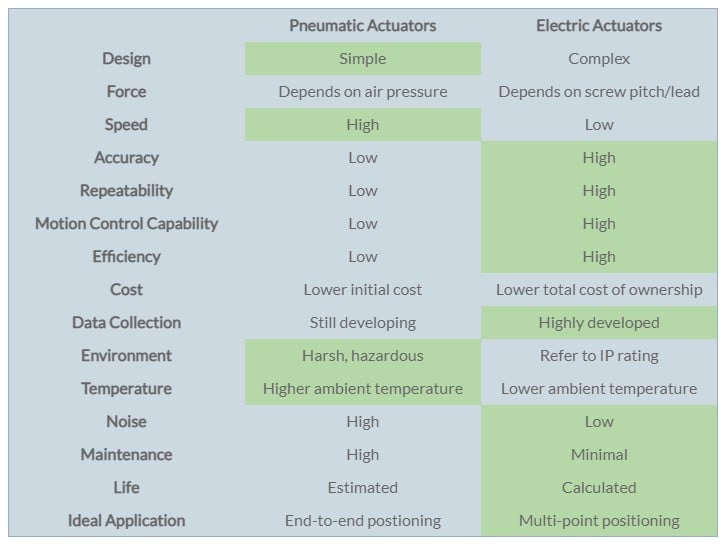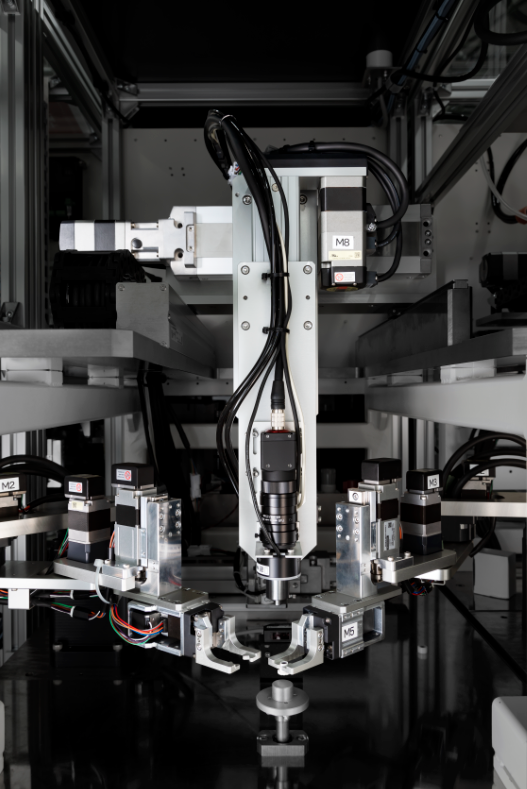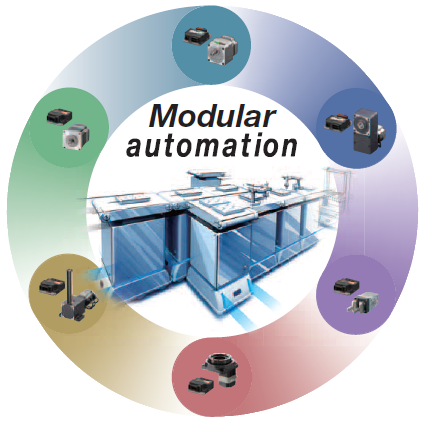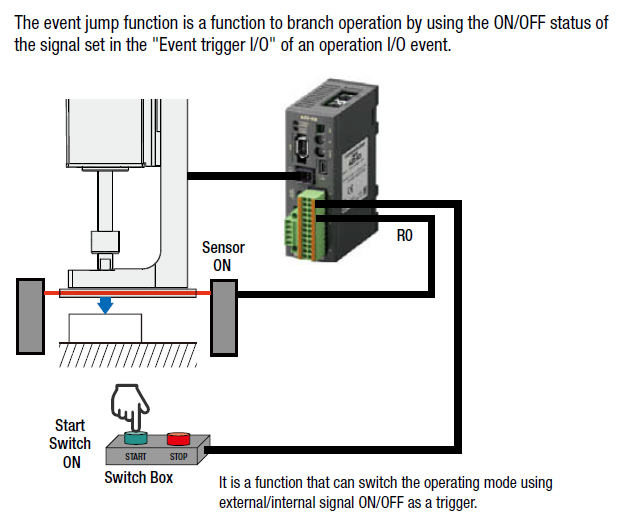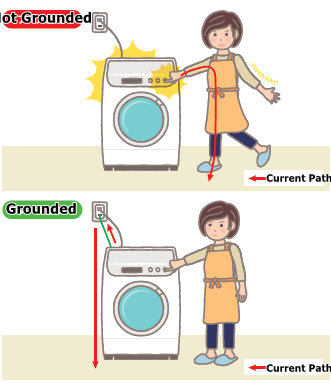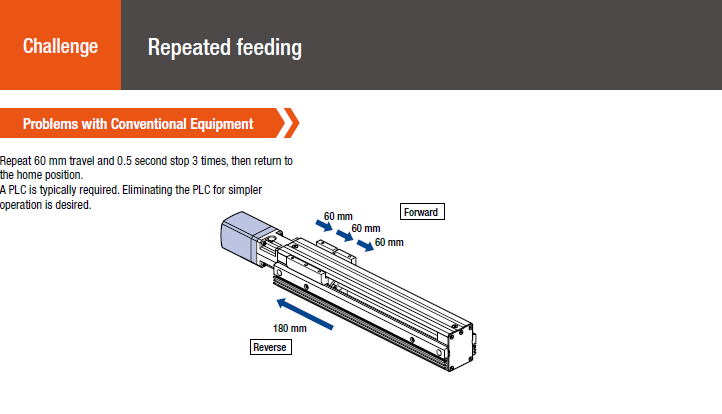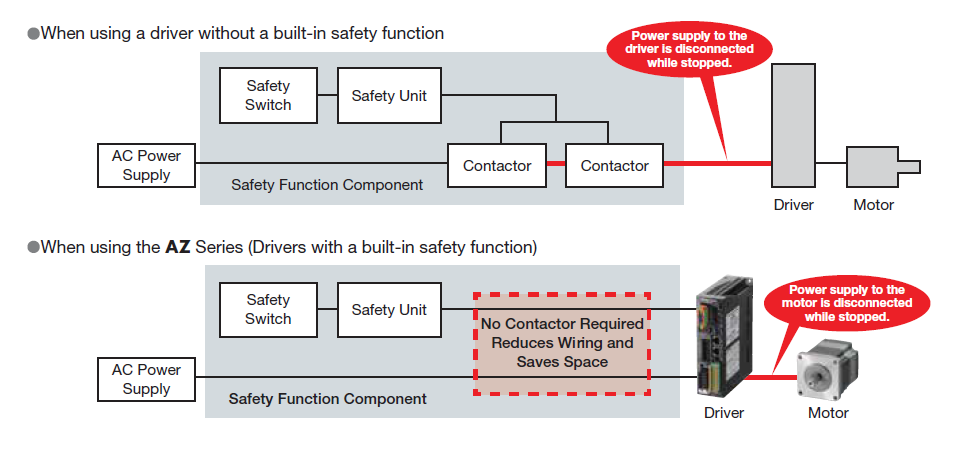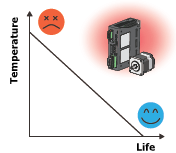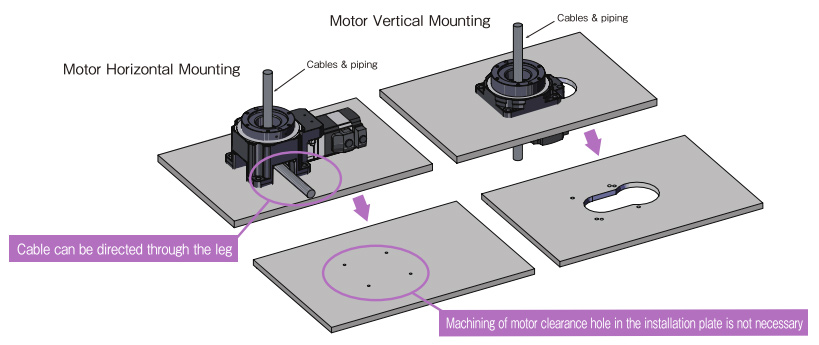Pneumatic linear actuators and electric linear actuators are often compared for linear motion requirements that do not require the high forces of hydraulic linear actuators. Here are 15 factors that should be considered.
Welcome to Oriental Motor's "Engineering Notes" Blog:
Products and technology are only valuable when coupled with skilled people and services to support them. Since 1978, ORIENTAL MOTOR U.S.A. CORP. has been building a service and support system to better serve customers. It is our goal to provide the best product and service from the design phase, through the sale and beyond.
Our blog will feature:
- Introduction to new products and technologies
- Motion control basics and application examples
- Tips for motor selection, programming, and troubleshooting
Pneumatic Actuators vs Electric Actuators: Which is Better?
Topics: Stepper Motors, Linear Actuators, Servo Motors
Case Study: SCARA and Cartesian/Gantry Robots for Automated Assembly
In this post, we introduce a real-world SCARA and cartesian/gantry robot example of in-house automation built using our AlphaStep AZ Series family of motors, actuators, drivers, and our 4-axis robot controller.
Topics: Stepper Motors, Robotics, Absolute Positioning, Alphastep Hybrid Control, Linear Actuators, Software, Rotary Actuators/Index Tables, XYZ/Cartesian/Gantry, Case Studies
Modular automation is the next phase of factory automation where a production line can be separated into mobile modules and can be quickly reconfigured for different purposes. This article explains the benefits of modular automation and shows how smaller, lighter, and battery-driven motors can help.
Topics: Stepper Motors, Robotics, Alphastep Hybrid Control, Linear Actuators, Speed Control, VIDEOS, BLDC Motors, Application Examples
Motion Programming Example: Timed Pressing Operation
In this blog post, I will explain how to easily program a timed pressing operation with our MEXE02 universal product support software. This example works for any products included in the AlphaStep AZ Series family, which also includes other series that use the same technology and software.
Topics: Stepper Motors, Absolute Positioning, Alphastep Hybrid Control, Linear Actuators, VIDEOS, Software, Application Examples, Motion Control Basics
Grounding Basics: What are the Differences Between PE and FG?
Topics: AC Motors, Stepper Motors, Alphastep Hybrid Control, Linear Actuators, BLDC Motors, Servo Motors, Cooling Fans, Motion Control Basics
Motion Programming Example: Loop Function For Repeated Motion
No matter how many functions a product offers, without an intuitive, easy-to-use software, those functions can be difficult to implement.
Topics: Stepper Motors, Absolute Positioning, Alphastep Hybrid Control, Linear Actuators, VIDEOS, Software, Application Examples, Motion Control Basics
STO, or "Safe Torque Off", is a dedicated, built-in safety circuit function that makes safety easier to manage for motion devices, such as an industrial robot. It is part of the overall safety system designed to prevent injuries or damage.
Topics: Stepper Motors, Absolute Positioning, Alphastep Hybrid Control, Linear Actuators
Knowing how to use a product properly can make a huge difference in its performance and life. For example, knowing how to maintain cast iron pans properly can make them last longer. With electric motors, understanding the factors that affect motor life is the first step to extending life and decreasing costs in the long run.
Topics: AC Motors, Stepper Motors, Linear Actuators, Speed Control, Servo Motors, Service Life
For automated factories, motor failures mean lost production and lost revenue. Being able to identify the specific issue in advance and its location is critical to maintaining production efficiency. To be successful, extra sensors must be added to detect abnormalities. There may be an easier way.
Topics: Stepper Motors, Alphastep Hybrid Control, Linear Actuators, VIDEOS, Network, Application Examples, Troubleshooting
Flexible Configurations For Hollow Rotary Actuators
Topics: Stepper Motors, Robotics, Absolute Positioning, Alphastep Hybrid Control, Linear Actuators, Gearheads, Rotary Actuators/Index Tables
